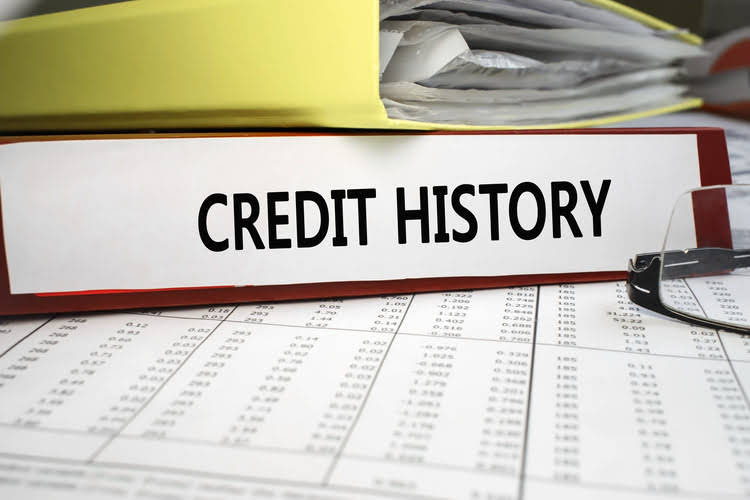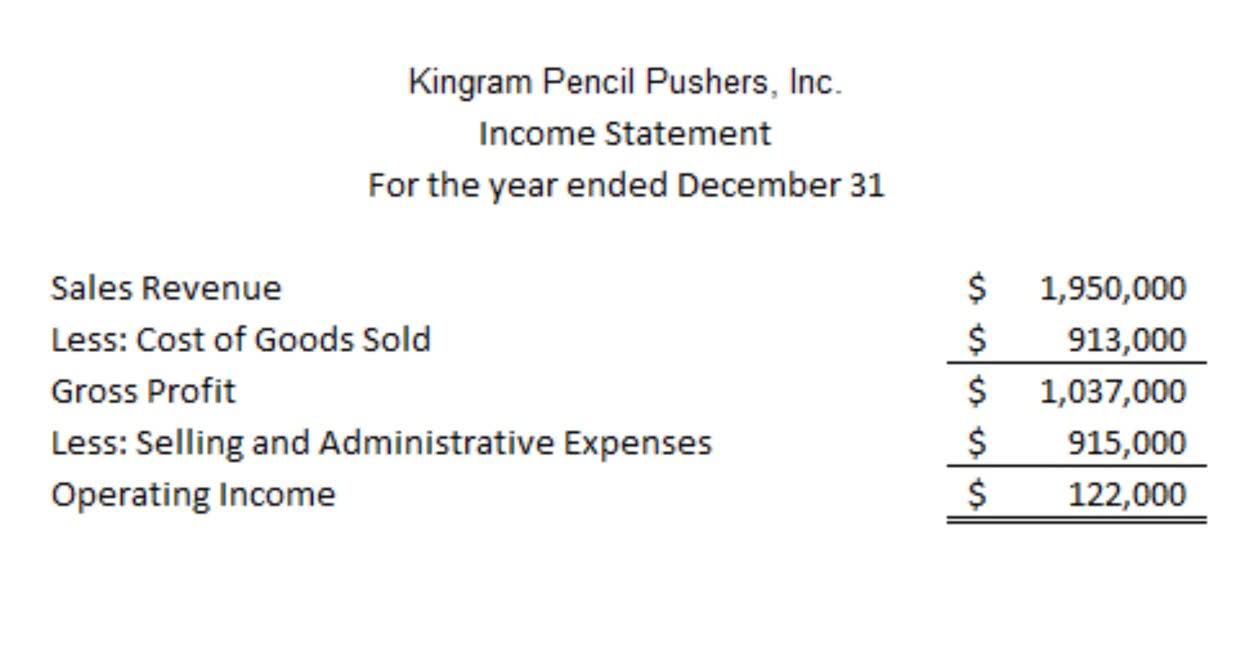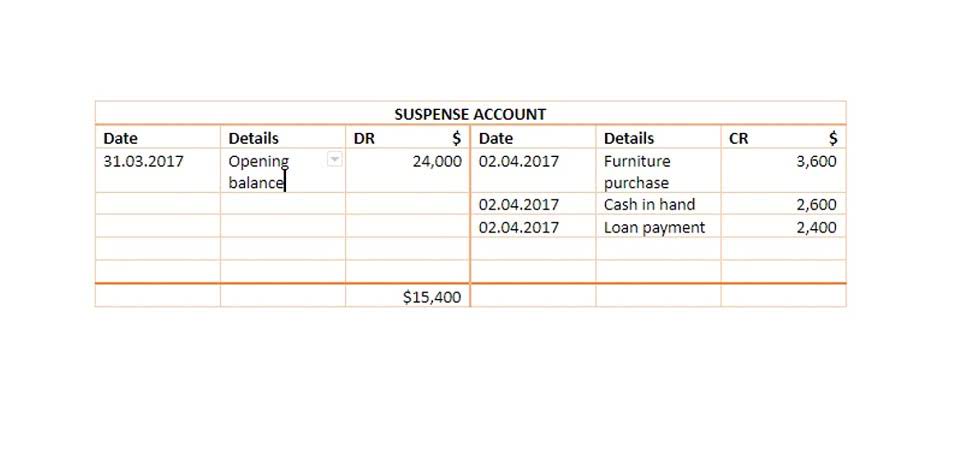
For instance, a financial analyst might report a company’s market capitalization as $500MM, clearly indicating $500,000,000. This shorthand is frequently seen in financial documents, reports, and discussions, especially when dealing with large sums of money. Using ‘MM’ can help Catch Up Bookkeeping streamline communication and make it easier to read financial data without writing out the full number, which can be cumbersome and cluttered. The term mm is a popular slang term frequently used in online chat and text conversations. When someone asks you to do something and you don’t want to comply, you can respond with mm to express your refusal.

Frequently Asked Questions
So when you read a price quote in $100/M, it means $100 per 1,000 units. So, today’s topic is brought to you by the letter M, which stands for 1000 in Roman numerals. M also stands for money and is used to label various technical measures of money in the economy. I have never seen min or mio used as an abbreviation for million.
What is mm business?
The origins of this notation can be traced back to the Roman Empire, where the numeral system laid the groundwork for modern numerical abbreviations. The Romans used “M” to signify 1,000, and this convention persisted through the centuries, influencing various aspects of numerical representation in Western cultures. The use of MM is not just about convenience; it also plays a role in standardizing financial reporting. Consistent use of such abbreviations helps maintain uniformity across various documents, whether they are balance sheets, income statements, or cash flow statements. This uniformity is crucial for analysts and investors who rely on these documents to make informed decisions.
What Does “MM” Mean?

This guide will, MM (or lowercase “mm”) denotes that the units of figures presented are in millions. Thus, MM is the same as writing “M multiplied by M,” which is equal to “1,000 times 1,000”, which income statement equals 1,000,000 (one million). The word “million” is not a commonly abbreviated word, but its abbreviations still have their place. An abbreviation for million is most often seen in financial documents and paperwork. Swap the word “million” for “mil” or “mm” to avoid redundant language but to still be specific in how large numbers you’re working with. In financial statements, the abbreviation “MM” is commonly used to denote millions.

Academic and Scientific Writing
In the context of international reporting, the use of “MM” to denote millions plays a significant role in ensuring clarity and uniformity across diverse financial landscapes. As businesses operate on a global scale, the need for standardized financial terminology becomes paramount. When dealing with large sums of money, it’s often helpful to break down numbers into more manageable units. For instance, if you’re looking at a figure in thousands, denoted as ‘k’, how does that translate back to dollars? Imagine you have an income of $100k per year – this is equivalent to $100,000.

How To Format a Two-Page Resume (And When You Actually Need One)
- He is the sole author of all the materials on AccountingCoach.com.
- M means a thousand, so MM is the sum if you multiply M by M, or 1,000 multiplied by itself equals 1,000,000.
- The exact value of mm in an inch was different before this system of units.
- That letter isn’t Greek or Roman, but the average reader would likely understand the concept.
- Similarly, if a company reports an acquisition cost of €500MM, it indicates an acquisition worth €500 million.
- The choice between “M” and “MM” can also be influenced by regional practices and industry standards.
These slang terms serve as concise responses to express various forms of acknowledgement or disagreement, just like “mm” is used to indicate agreement or understanding. When dealing with massive sums in financial reports or business transactions, this abbreviation serves as a crucial tool. It allows analysts, investors, and stakeholders to quickly interpret the magnitude of numbers involved without having to mentally convert them into their full numerical form. This efficiency can be particularly useful during fast-paced decision-making processes where quick understanding is key. The finance term MM, denoting ‘Million’, is important due mm meaning to its wide usage in financial documents, reports, and communications to represent large quantities of money.
- Dive in to unlock the nuances of precise numerical communication.
- The term MM simplifies communication in today’s fast-paced financial world.
- Now, let’s move on to the realm of billion dollars, represented as ‘b’.
- Although different accountants have adopted Roman and Greek traditions (or transitioned to modern abbreviations), context is what unlocks the knowledge needed to understand the term.
- In this context, MM is the same as writing “M multiplied by M,” which is equal to “1,000 times 1,000,” which equals 1,000,000 (one million).
- It is simply a slang term used to express agreement or welcome.
- It’s then up to the reader to note the context, with the document stating the place value once at the beginning and not again.
- It is Latin for multiplying one “thousand” by itself to create the “million” number.
- Does not make any guarantee or another promise as to any results that may be obtained from using our content.
- The term “grand” has been in use as an American slang from the early 1900s, presumably from the phrase “a grand sum of money” which meant $1,000.
- It is commonly used in financial documents, accounting, and stock market where space is a concern.
- Million can also be represented using “mn” and “m,” so an individual may see $4m, $4mn or simply $4 million.
Some examples of objects having about 1 millimeter length areA sharp pencil point and the tip of a sewing needle are approximately 1 mm in length. According to the New York Times, having $1 million puts you in nearly the 90th percentile of household wealth in the U.S. (the 50th percentile is $127,000). It’s not surprising that most people don’t have $1 million because unless you make a ton of money, it is tough to save that much. For the past 52 years, Harold Averkamp (CPA, MBA) hasworked as an accounting supervisor, manager, consultant, university instructor, and innovator in teaching accounting online. He is the sole author of all the materials on AccountingCoach.com.

